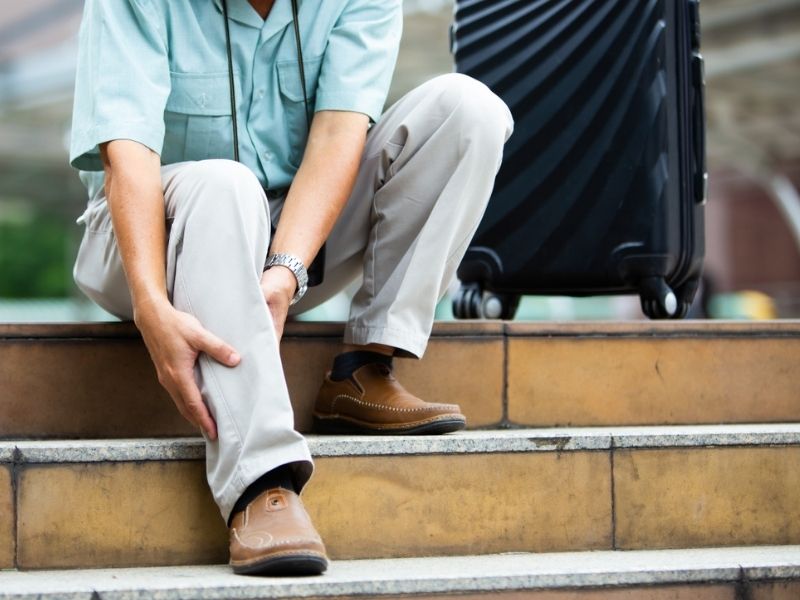If you’re planning a vacation or time traveling away from home, one thing you might not think about is the possibility that you could get injured. People often get hurt while at the beach or during an activity they’re not used to. You might even get injured by slipping in a hotel pool or get in an accident during a taxi ride.
It’s, unfortunately, not uncommon for vacation goers to need a Bay Area wrongful death lawyer or emergency medical attention. Dealing with an injury is difficult enough when you’re close to home, but when you’re traveling things can get a bit more complicated.
Not only are you away from your usual doctor, but if an injury is no fault of your own, filing an out-of-state lawsuit can make things even harder. There are some helpful ways to cope. Start by learning about what to do if you are hurt while traveling.
1. Before You Travel, Check With Your Insurance Provider On What Is Covered
In some cases, your insurance could decline an injury case if it happened out of the state of your residence. Before you plan to do any potentially dangerous or risky activities such as rock-climbing, bungee-jumping, skydiving, or boating, be sure to check on exactly what your insurance covers and what it doesn’t.
Of course, there are accidents that couldn’t have been avoided or are of no fault of your own. In these cases, there are not too many steps you can take to be prepared for the unexpected. However, you should always have your health provider card and phone number when traveling, as well as your vehicle insurance information in case of a car accident.
2. Immediate Steps to Take If You’re Injured While Traveling
Many of the steps you should take are similar to what you would do if you were at home. If it’s necessary, call 911 immediately, especially if the injury requires medical treatment or is life-threatening. If you’re involved in a vehicle collision, be sure to collect information from everyone involved, including driver’s license and insurance information.
If law enforcement or EMTs arrive on the scene, make sure you listen to and follow their instructions. Make sure you seek medical attention right away, rather than waiting to return home. Keep track of and save all documentation from the accident or medical visits. If you were involved in a car accident, report it to your insurance company as soon as possible.
3. After You Return Home
First things first, always follow the advice of the medical doctor. If they’ve given you any instructions, be sure to follow them. This includes when to return to work, as well as any follow-up visits. Following your doctor’s instructions and keeping all documentation will help you if you have to file an out-of-state accident case.
If you do need to file a personal injury case, you’ll want to get in contact with a qualified attorney that specializes in these types of issues. An attorney will help you decide exactly where to sue, particularly in out-of-state injury cases. Also, there might be multiple parties and locations involved. A personal injury attorney will help steer you in the best possible direction.
